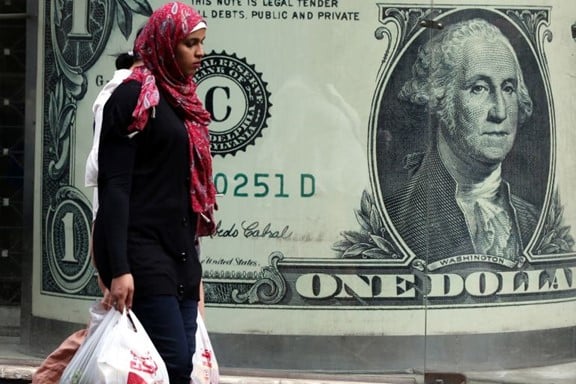
Cairo
Source: Al-Wafd newspaper
Dr. Ali Mohamed Al-Khouri
Egypt, like many emerging economies, faces a complex set of economic challenges. In response to these challenges, the Egyptian government has implemented various measures such as liberalizing the exchange rate of the pound and raising interest rates since March 2022. These decisions have sparked debates among economists and policymakers regarding their effectiveness and potential consequences.
Overall, the decision to liberalize the currency was a strategic issue from the government’s perspective to enhance export competitiveness and address trade imbalances. A weaker currency makes exports more accessible to foreign buyers, contributes to enhancing export revenues and narrowing the trade deficit, and can stimulate domestic industries by making imports relatively more expensive, thus encouraging consumers to buy locally produced goods.
However, the devaluation of the currency also has its negative aspects. The decline in the value of the currency has led to higher inflation rates and the cost of imported goods, affected the purchasing power of consumers and exacerbated the issue of income inequality. According to economic opinions, a sharp decline in the value of the currency would lead to a decline in investor confidence, capital hesitation, and consequently lead to further decline in the value of the currency. Indeed, while currency devaluation can provide short-term benefits, the process must be managed with extreme care and precision by policymakers to avoid negative long-term consequences.
We come to the issue of raising interest rates, which is the traditional monetary policy tool to combat inflation and achieve currency stability. The government aspired from this step to enable central banks to work to restrict domestic demand, and thus reduce inflationary pressures, and in the hope that high interest rates would attract external capital flows, support the national currency and strengthen foreign exchange reserves. However, economic opinions have raised some adverse effects that may accompany this decision and the possibility that it may lead to weakening economic growth, raising unemployment rates, and increasing the cost of borrowing for investing companies and consumers. In addition, high interest rates can burden government finances, raise debt servicing costs, and crowd out spending on basic public services and infrastructure.
To avoid negative impacts, it is necessary for policymakers to adopt a balanced approach to dealing with currency devaluation, and focus on enhancing export competitiveness while mitigating the negative impact on domestic consumers. This must include not simply implementing subsidies and support programmes, but also strengthening social safety nets to mitigate the effects of rising import prices on vulnerable population groups, especially related to expanding access to health care, education and social assistance programs to ensure inclusive growth.
Effective communication by policy makers is essential to manage market expectations and build confidence. Central banks should explain their justifications behind interest rate decisions in a scientific and logical manner and provide advance guidance and directives to guide market participants’ strategies and decision-making.
Focus should also be placed on addressing the fundamental structural weaknesses in the Egyptian economy to achieve long-term sustainability. Policymakers should prioritize reforms aimed at improving productivity, enhancing competitiveness, and attracting foreign investment. Investment allocations must include developing the education and infrastructure sectors, simplifying government systems and digital transformation, and encouraging innovation and entrepreneurship.
There is also a need to focus on diversifying the export base to diversify and expand key sectors and markets. This would enhance the Egyptian state’s ability to withstand the face of geopolitical and global tensions and promote sustainable economic growth. Policymakers should explore opportunities to develop new industries and expand access to emerging markets.
The effectiveness of these measures depends on their careful implementation and coherence with broader economic reforms.
| About | |
|---|---|
| Initiatives | |
| Knowledge | |
| Services | |
| Media Center | |
| Contact |